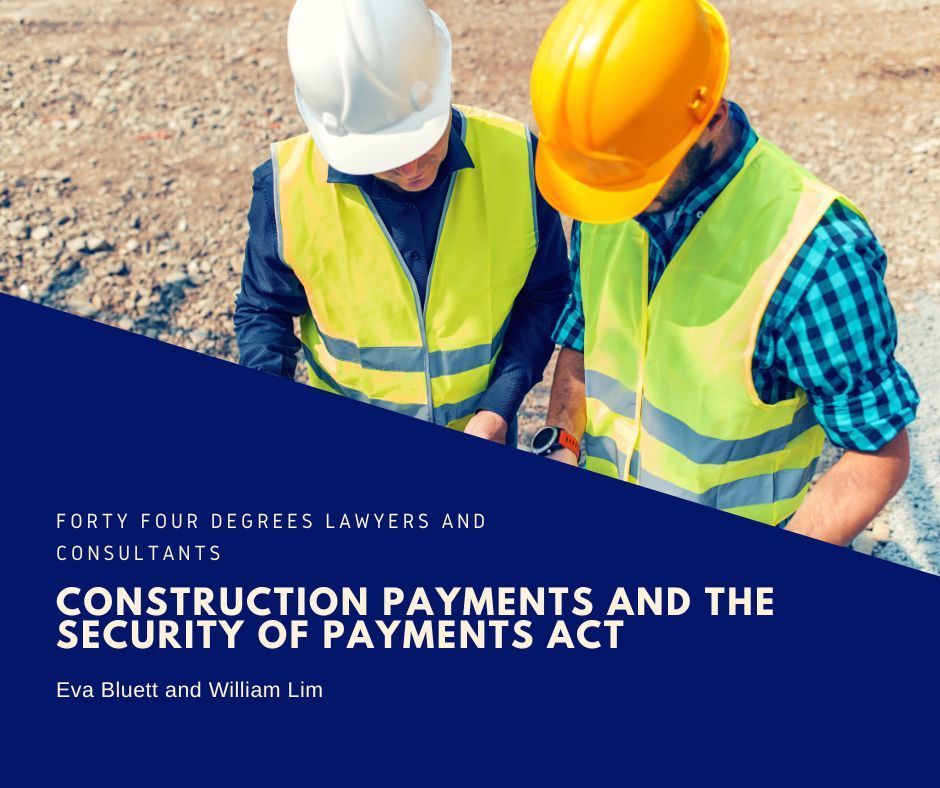Is tech fluency a legal ethical duty?
Hana Lee • Oct 01, 2018
Lawyers refusing to adapt to new technology will find themselves incapable of completing basic legal tasks.

Technology use forms an integral part of most law practices today. At a bare minimum legal practitioners must be familiar with word processors, email and client information databases to complete their day-to-day tasks. Some firms are actively developing legal technologies to deliver more efficient services in a disrupted legal services industry. Fabian Horton previously wrote in a techology column (LIJ June 2018) that understanding technology is the only way the legal profession can make strategic decisions about its future. But is understanding technology an ethical duty?
Some jurisdictions already impose an ethical duty of technology competence. Most notably, the American Bar Association’s comment 8 to Model Rule 1.1 has been adopted by a majority of US states since its introduction in 2012. Comment 8 imposes an obligation to “keep abreast of changes in the law and its practices, including the benefits and risks associated with relevant technology”. The Federation of Law Societies of Canada recently considered a similar amendment to its model code.
The consequences of technology incompetence provide a compelling case for the introduction of an ethical duty. Data breaches can compromise confidential client information and inefficient internal systems cause unnecessary delays and higher costs to clients. With the introduction of e-courts and e-filing systems such as PEXA, legal professionals refusing to adapt will find themselves incapable of completing basic legal tasks. Much of the law lawyers deal with daily has an element of technology that requires some level of understanding.
A codified ethical obligation means the consistent failure to reach technology competence may constitute professional misconduct. Beyond questions of how such failure would be measured, legal practitioners may be averse to voluntarily taking on another avenue of potential misconduct proceedings. Professional misconduct is itself a concept open to reinterpretation. For example Nebraska’s Supreme Court ethics committee recently considered how ethics rules applied where legal professionals accepted cryptocurrency as payment.
In light of the Law Council of Australia’s review of the Australian Solicitors’ Conduct Rules, now is a pertinent time to contemplate if there is an ethical duty of technology competence.
The reality of the changing profession is that technology is necessary to deliver legal services competently, diligently and as promptly as reasonably possible (r4.1.3). Regardless of whether the obligation is codified, it is an important responsibility for legal practitioners to keep aware of new technologies and the effects they have on both lawyers and clients.
Reprinted with permission. The above article was originally published in Law Institute Journal 03 Sep 2018.
Hana Lee
is co-chair of the LIV Law and Technology Committee and practises in commercial, property, and technology law at Forty Four Degrees Lawyers and Consultants.
Contact Us
We’re an Australian Law Firm promoting a nuanced, personal touch. We have the skills you need to resolve your case quickly and with a positive outcome. Our straight talking team stays close to simplify what is most often a complicated process. We help individuals and businesses with technology and startup law, property law including conveyancing and leasing, commercial law, civil litigation, wills, estates, bankruptcy, insolvency, criminal law, and professionals facing investigations and charges from their regulatory body.
We have a connected network of talented lawyers in Melbourne CBD, Dandenong, Ballarat, and Ivanhoe East.
Fill out the form or call us on 1300 892 237.
Thank you for contacting us.
We will get back to you as soon as possible
We will get back to you as soon as possible
Oops, there was an error sending your message.
Please try again later or call us on 1300 892 237.
About Us
We do business your way.
203/ 50 Market St, Melbourne VIC 3000
50 Lydiard St South
Ballarat Central VIC 3350










